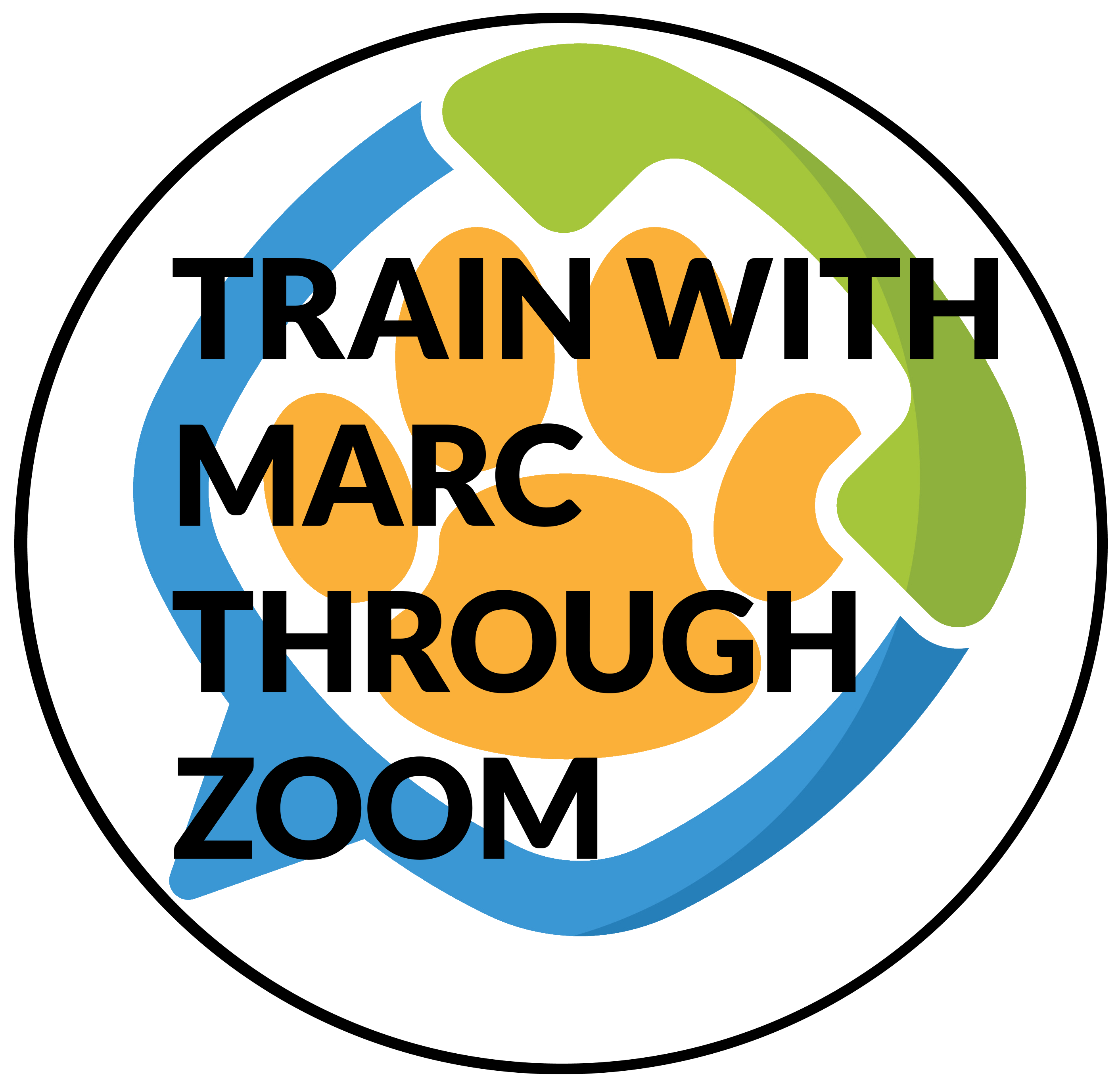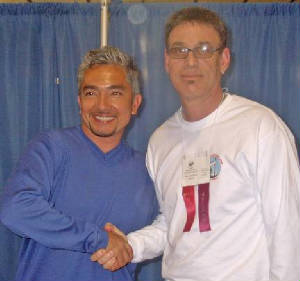The Problem with Dog Parks
Watching the dogs running in the dog park, it would have been hard for the average dog owner to spot the growing signs of trouble. The dogs were moving swiftly, tails up and wagging, with their mouths open. They appeared to be smiling. Those standing nearby could actually feel the vibrations of their paws against the earth. One might have thought they were horses. To the casual eye, everything was as it should be. These dogs were happy and having the time of their lives. Seconds later, that world was thrown into mayhem.
You see the situation was not as happy as it appeared at first glance. The raised tails did not denote happy and carefree dogs. It was a sign of arousal. These dogs were in prey drive, what started as a simple game of chase, became a brutal and savage hunt. It happens. Had there been simply one person there trained to recognize this shift the dog fight could have been avoided. But no one saw it coming. As a result a medium-sized mixed breed named Scooter lost an eye and most of an ear.
Fortunately, these kinds of fights are rare even in dog parks, but there is always a certain degree of risk when dogs mix together. It's hard to remember that our cuddly joyful loving companions are still genetically engineered for killing. They are predators and the fact that they are socially adept doesn't remove that biological drive. We see it when they chase bugs, or birds, or squirrels, even chasing a ball is related to prey drive. But we don't expect to see it directed towards other dogs or family. We usually don't. But it does happen. Ask Scooter, he knows.
The truth is dog parks are a great idea, but there are risks involved and anyone who chooses to let their dog participate in one should be aware of those risks.
Part of my job is to supervise dogs while they socialize at my Chicago dog training school. I have spent years working with dogs and studying dog behavior. Those years allows me to observe things that others might not. Having the responsibility for the safety of the dogs I am supervising has caused me to be very meticulous in how I handle things. It is an active job that requires my full attention every second.
Unlike my Chicago dog training school, there is no one at the dog park trained to do this. It's every man and dog for himself...and that increases the risk.
That doesn't mean you shouldn't go the dog park, it just means that you need to be sure you know the dogs in that park and know how your dog reacts to strange dogs before you bring him to socialize. At the first sign of trouble... leave! Don't wait to see if they are "going to work it out" just get your dog to safety as quickly as possible. Dog parks should be fun, not laboratories for other dog owners to try to work out their dog's anti-social behavior with your dog as the guinea pig.
Find a nice stable dog park with regulars whose dogs know how to interact with others and don't behave like bullies. Find a dog park home with dogs you can trust and enjoy the benefits while minimizing the risks.
If your Chicago dog is aggressive or needs to be socialized with other Chicago dogs, call Marc Goldberg, CDT at ChicagoDogTrainer.com. He will help you assess your dog's issues and present solutions. Most dogs who growl and lunge at other dogs while walking in Chicago, are not really aggressive dogs. They're just frustrated from walking around the city of Chicago, never getting to play with other Chicago dogs. That's why you need THE Chicago dog trainer. We can help.
Our Philosophy & Goals
Our philosophy is simple. Improve the life of both dog and family. All too often, unruly dogs do not fully enjoy life because their families constantly become upset and frustrated with them. This is difficult for both family and dog.
Our mission is simple. Make both dog and family happy.
What does is take to make your dog happy? He will thrive when you give him leadership and attention.

Making the family happy is a bit more complex.
Families typically want their dog to:
- Come when called, every time, on or off leash
- Walk nicely on a loose leash without pulling
- Sit until released
- Down until released
Families also want their dogs:
- Not to jump on people
- Not to charge through doors
- Not to dig in the garden
- Not to bark and chew inappropriately
- Not to climb on furniture you prefer they avoid
- Not to sniff and eat off the table and counters.
- Not to be wild and uncontrollable
- Not to ignore you when you want their attention




